Ecosystems
Articles on ecosystems
-
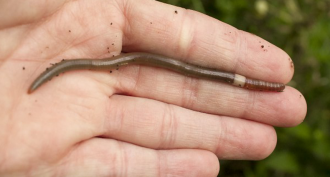 Ecosystems
EcosystemsEarthworms: Can these gardeners’ friends actually become foes?
Asian jumping worms can strip leaf litter from floor of U.S. forests, new data show. Many native plants need that leaf litter for their seeds to germinate.
-
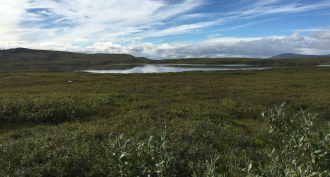 Ecosystems
EcosystemsScientists Say: Tundra
A tundra is an ecosystem found in Earth’s far north. It has a layer of soil deep underground that remains frozen — sometimes for thousands of years. But the top layer thaws in the summer, allowing plants to grow.
-
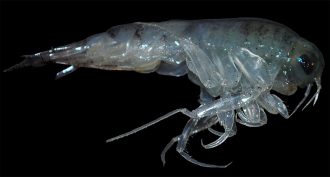 Ecosystems
EcosystemsAlgae embedded in sea ice drive the Arctic food web
Scientists traced where zooplankton in the Arctic get their energy from. Many open ocean species rely on algae found in sea ice, which is disappearing.
-
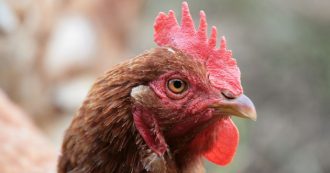 Health & Medicine
Health & MedicineWill chicken cologne guard you from malaria?
Mosquitoes that carry malaria are repelled by the smell of chickens. In malaria country, that could make these birds a human’s best friend.
-
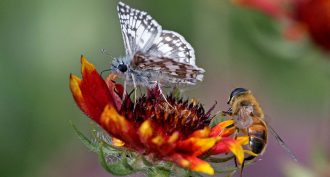 Environment
EnvironmentNon-scents: Pollution can confuse pollinators’ sniffers
New research uses computers to predict how much longer it takes bees and other pollinating insects to sniff out lunch in a polluted environment.
-
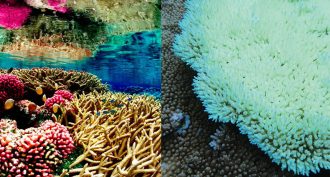 Animals
AnimalsCurrent coral bleaching event is the longest known
Heat stress has led to the longest coral bleaching event on record. Scientists now worry that global warming may make such prolonged crises more frequent.
-
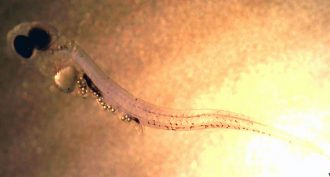 Environment
EnvironmentUh oh! Baby fish prefer plastic to real food
Given a choice, baby fish will eat plastic microbeads instead of real food. That plastic stunts their growth and makes them easier prey for predators.
-
 Earth
EarthHow ancient African fish feed today’s Amazon
Many of the world’s lushest tropical forests would starve if winds didn’t bring them nutrient-rich dust from across an ocean.
By Douglas Fox -
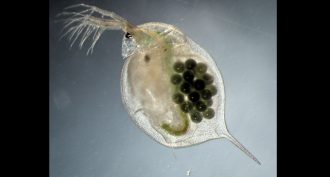 Environment
EnvironmentCommon water pollutants hurt freshwater organisms
The germ killers we use and the drugs we take don’t just disappear. They can end up in the environment. There they can harm aquatic organisms, three teens showed.
-
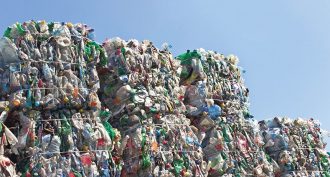 Microbes
MicrobesThis microbe thinks plastic is dinner
The bacterium Ideonella sakaiensis chows down on one type of polluting plastics. That means it could become helpful in cleaning up environmental waste.
-
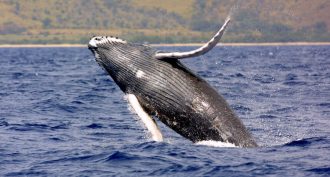 Ecosystems
EcosystemsAs big animals poop out
Whales move nutrients from deep ocean to surface waters. From there, nutrients move to land and fertilize continents. But the system is in trouble.
-
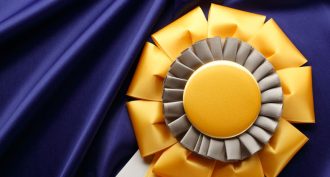 Ecosystems
EcosystemsTwo SNS writers win big
Here’s a Cool Job: writing about science. Two people who regularly do that for SNS have just picked up awards for stories on the physics of lightning and how nature recycles the dead to feed the living.
By Janet Raloff